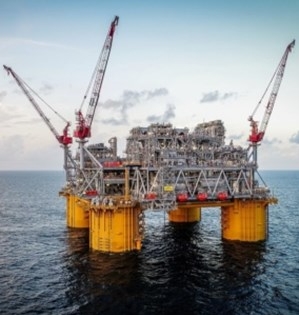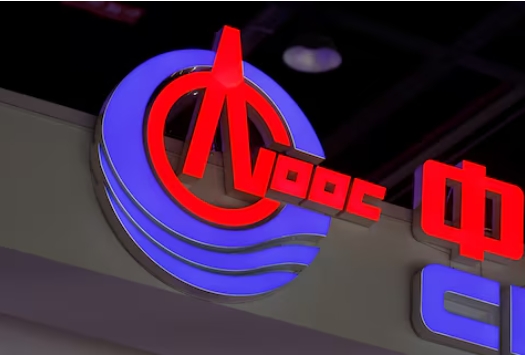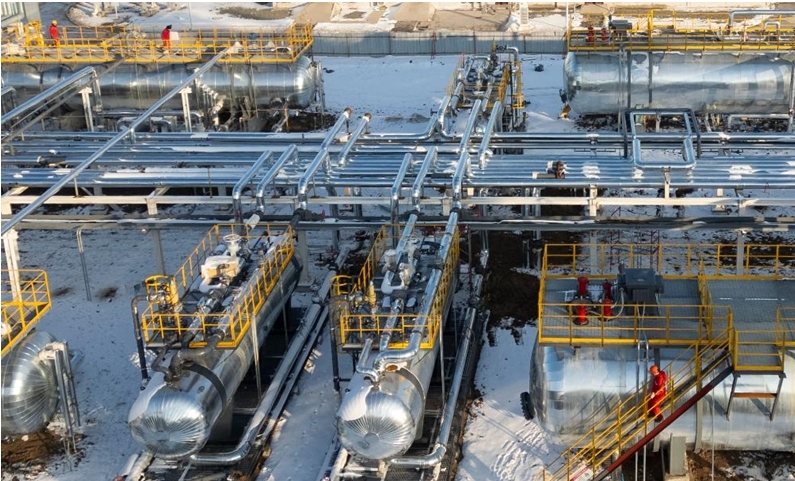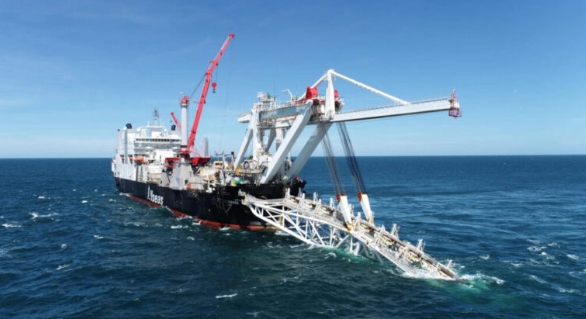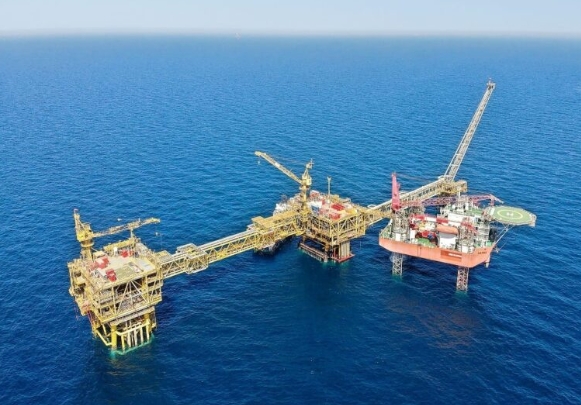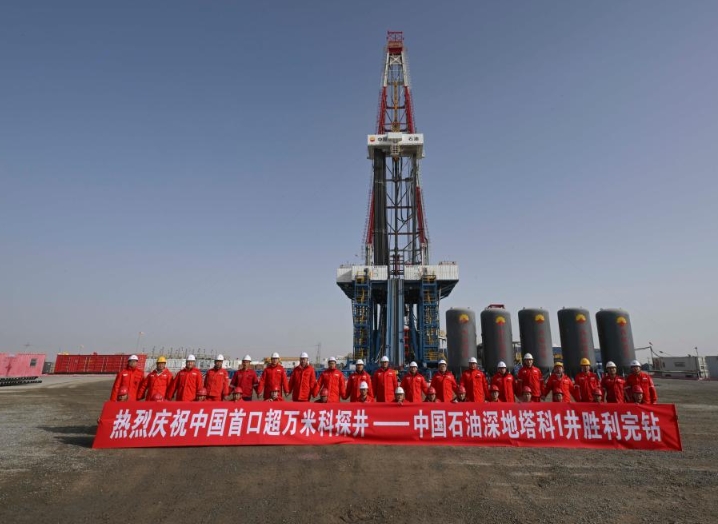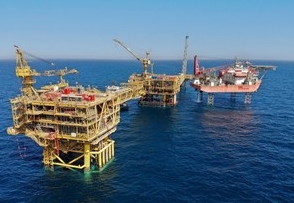Australia's Neometals and Germany's SMS Group have finalised capital and operating cost estimates for their first lithium-ion battery recycling plant in Germany with an anticipated processing capacity of 18,250 t/yr (50 t/d).
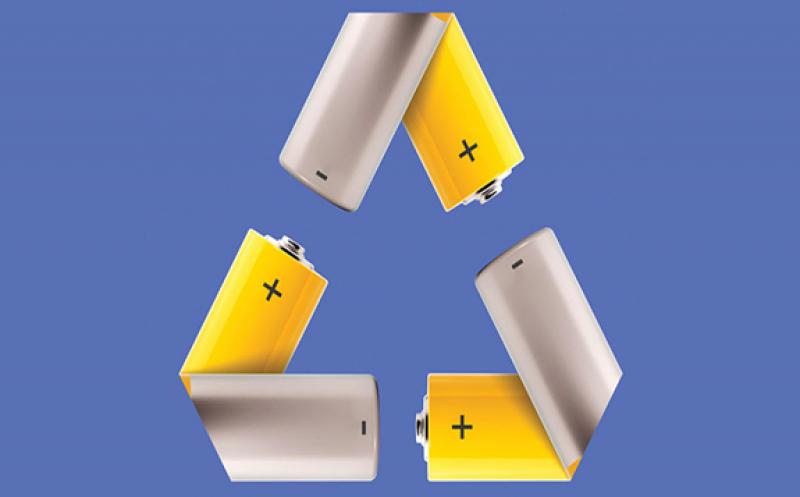
The capital cost estimate of $165mn and operating cost estimate of $1,560/t of batteries, processed by their joint venture firm Primobius, is based on pilot plant trials in Canada in 2020 utilising a proprietary flowsheet developed by Neometals.
Wet commissioning of a demonstration plant in Germany of unspecified location is expected to start in June with trials being completed in July. Data will be incorporated into a formal economic study within a feasibility study expected to be completed by the end of this year. A final investment decision is scheduled for the first quarter of 2022, which could see a plant becoming operational in the first quarter of 2023.
The demonstration plant trials will produce graphite, copper sulphate, manganese sulphate, cobalt sulphate, nickel sulphate, lithium sulphate ammonium sulphate and iron and aluminium hydroxide. Feedstock will come mainly from nickel-manganese-cobalt (NMC) cathode batteries from electric vehicles and stationary energy storage batteries, reflecting increasing volumes of nickel content production scrap.
Pilot plant trials were based on a feedstock blend of 50pc lithium cobalt oxide and NMC11 battery cathodes, reflecting the predominant end-of-life battery chemistry in 2020.
Neometals cited research showing that in 2030 around 315GWh of 1.62mn t of lithium-ion batteries will go to reuse or recycling with most available for recycling. Over the remainder of this decade, waste and scrap from battery production, or around 10pc of planned cell output capacity, will be the main feedstock source.
Governments are increasingly implementing policies that require auto producers to be responsible for end-of-life collection and management of EV and consumer batteries.
Primobius plans to enter into long-term offtake agreements for recycled products with participants in the lithium-ion battery supply chain, including reciprocal battery and scrap supply arrangements.
